ADMISSIONS AND TRAINING LIKE MANY COUNTRIES, BUT DIFFERENT FROM THE US
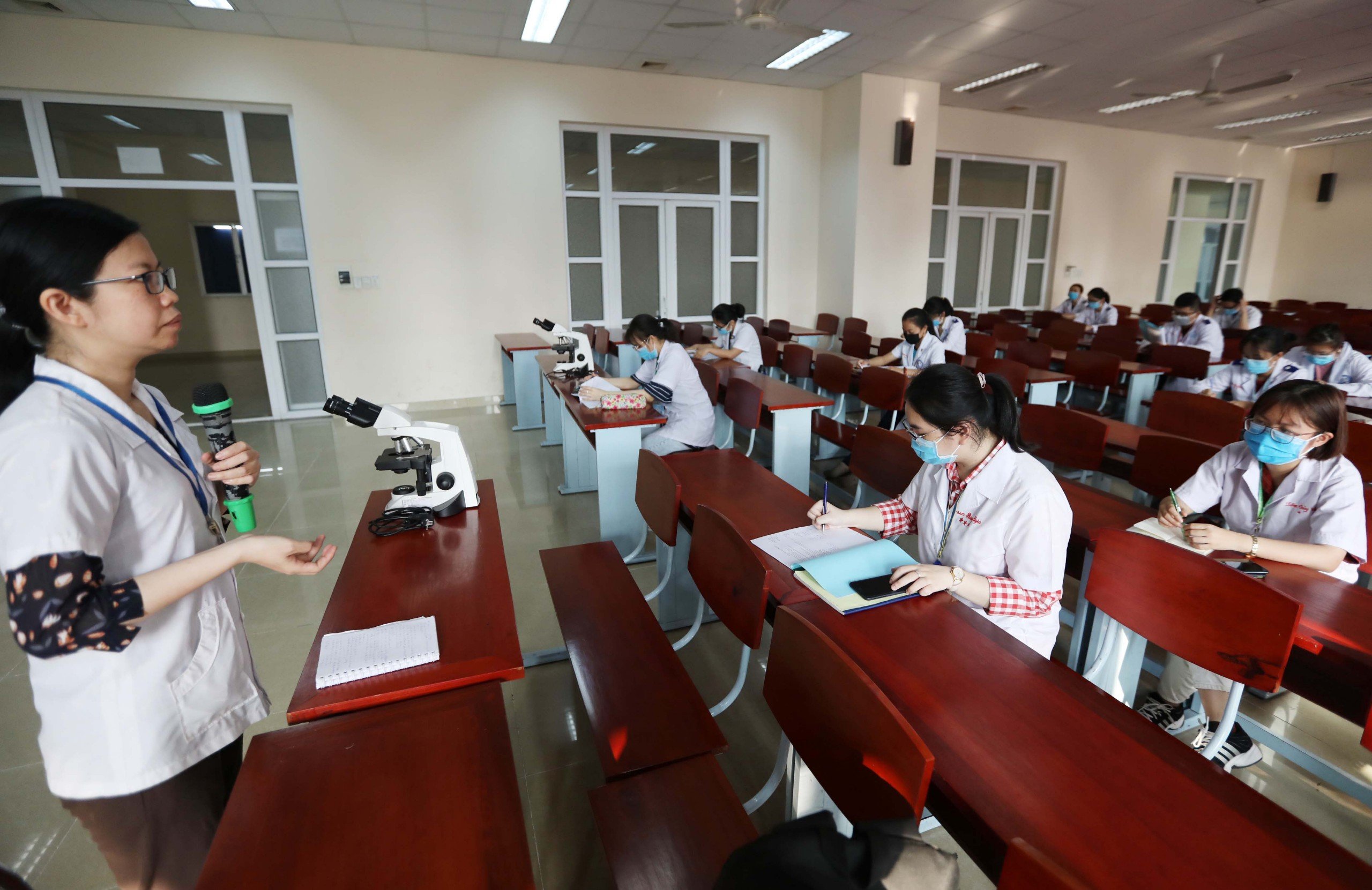
Medical schools in Vietnam are aiming for their training programs to be accredited and recognized worldwide.
Currently, the medical sector in Vietnam recruits students directly from high school. Accordingly, schools mainly recruit students based on the results of the three subjects of math, chemistry, and biology from the high school graduation exam. For non-public schools that train in medicine, in addition to using the graduation exam score method, they also use the results of the competency assessment exam of 2 national universities, the results of high school transcripts along with the input quality assurance threshold prescribed by the Ministry of Education and Training for admission.
Regarding the medical doctor training program, students in Vietnam will spend 6 years at school, including basic science, pre-clinical and clinical training. After graduation, students can follow 2 directions: Study 18 months of practice in hospitals to get a certificate to practice general medicine; continue studying 3 years of internal medicine to become a specialist.
Meanwhile, in the US, a country with a globally influential education system, there is a completely different way of recruiting and training doctors. Professor Thach Nguyen, Vice President, Dean of the Faculty of Medicine at Tan Tao University (the first Vietnamese American elected to the Executive Board of the American Heart Association and the American Society of Cardiovascular Interventions, currently Director of Cardiovascular Research at Methodist Hospital, Merrillville Indiana, USA), said: "At present, to obtain a license to practice, an American doctor must spend a total of 11 years, not 7.5 - 9 years like in Vietnam."
Specifically, according to Professor Thach Nguyen, before entering medical school, students must spend 4 years at university to obtain a bachelor's degree (commonly known as pre-med). Next, students who want to study for a medical doctor (MD) degree will have to take the MCAT (Medical College Admission Test), an entrance exam for medical school. A high score on this exam is the first condition to be invited for an interview at medical school. Candidates continue to go through 2 interviews and an essay explaining why they choose to study medicine. Entering medical school, students continue to study 4 years of medical school, then take the national exam (USMLE) to be admitted to 3 years of residency training. At this time, doctors have a license to practice.
However, according to Professor Tran Diep Tuan, Vice President of the Vietnam Medical Education Association and Chairman of the Council of the University of Medicine and Pharmacy in Ho Chi Minh City, currently only a few countries such as the US and Canada have different medical training and admissions policies compared to most other countries. Vietnamese doctors and doctors from many Asian and European countries such as Japan, Korea, Thailand, England, France, Germany, etc. all start from high school and are trained in a 5-6 year university program.
"That shows that our recruitment and training are not different from those in Europe and Asia. However, in order for degrees to have international value, most countries aim for the medical education accreditation standards recognized by the World Federation for Medical Education (WFME)," said Professor, Dr. Tran Diep Tuan.
Professor Tran Diep Tuan said that in reality, Vietnam has been training medical doctors according to Flexner's model since 1910. This model became known after American educator Abraham Flexner initiated a reform in medical training in the US and Canada, which had a widespread influence in Europe and the world.
According to Professor Tuan, in 1910, Flexner conducted a survey of medical universities in the US and Canada, then made a report on the state of medical education in these two countries and proposed a model of medical education based on science. In which, students need to be equipped with basic medical science knowledge before clinical practice in hospitals.
"After this report, medical training around the world has changed, teaching and learning according to the Flexner model. Previously, Vietnam, under the influence of French education, also trained according to this model. Starting in 1910, Vietnam also trained medicine according to the Flexner model. Accordingly, medical students will study the sciences of anatomy, physiology, bacteria, histology, pathophysiology... first, then practice in the hospital," said Professor Tuan.
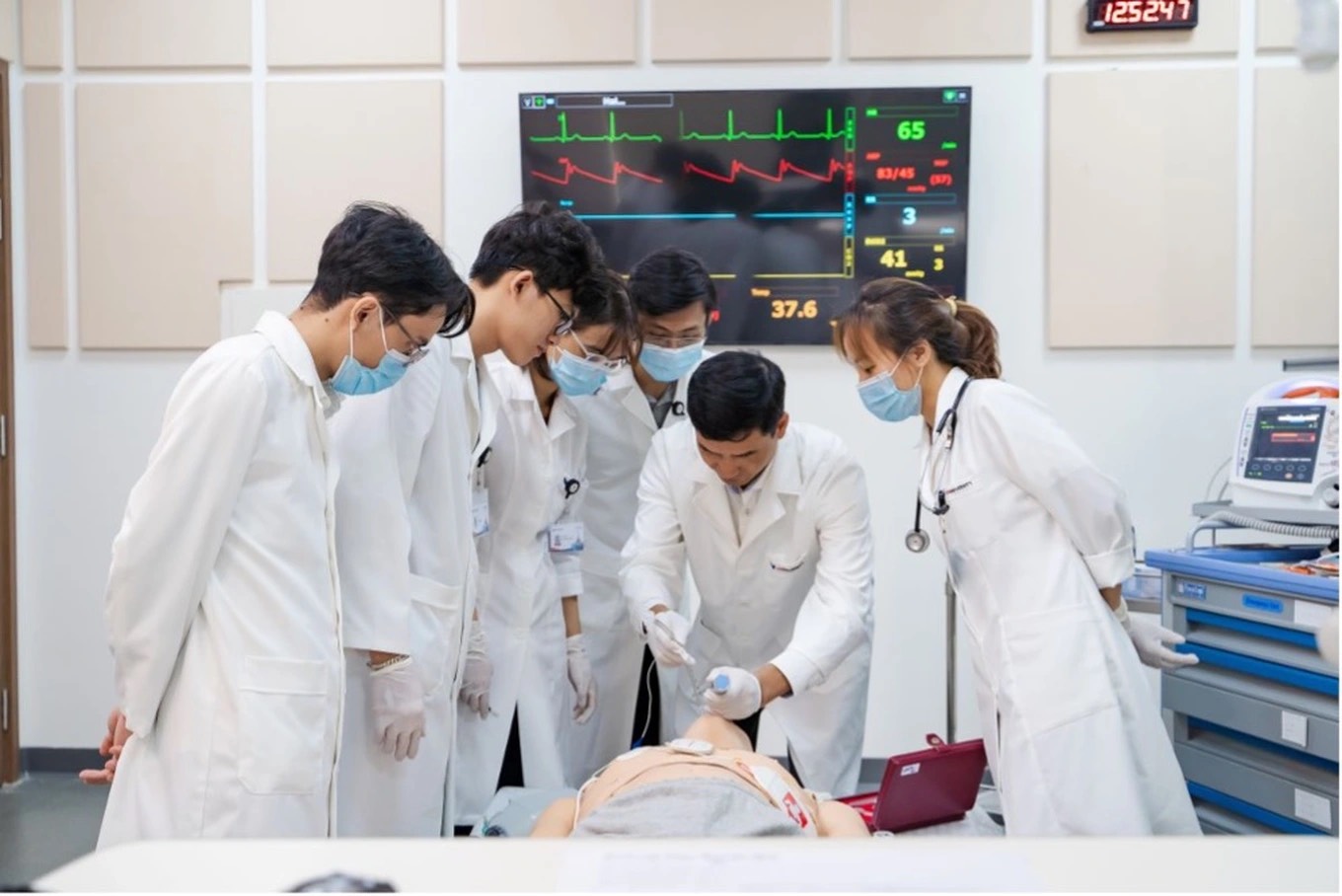
Currently, Vietnam has VinUni with 3 programs accredited by the Accreditation Council for Graduate Medical Education International (ACGME-I).
INNOVATION BASED ON COMPETENCY STANDARDS
According to Professor Tran Diep Tuan, in the past 100 years, the world has improved the medical education model twice, once in the 1970s and once more recently in the early 21st century. "Today's medical education program is built on competency standards and graduates must ensure that they achieve these competency standards," he shared.
It is known that in Vietnam, only Ho Chi Minh City University of Medicine and Pharmacy, Hue University of Medicine and Pharmacy, Thai Binh University of Medicine and Pharmacy, Thai Nguyen University of Medicine and Pharmacy and Hai Phong University of Medicine and Pharmacy are currently training according to the competency-based program. Some other schools are also implementing it. Of which, the first class of Ho Chi Minh City University of Medicine and Pharmacy graduated in 2022, the remaining schools will also have their first graduation class this year.
"According to studies on medical education, the results of national exams after graduation of students under the old program and the program based on competency standards are not different. However, doctors who graduate under the program based on competency standards have better career development after 5-10 years than doctors who graduate from the old program," said Professor, Dr. Tran Diep Tuan.
VN JUST HAS A MEDICAL RESIDENCE PROGRAM ACCREDITED BY THE US
In March 2024, the Accreditation Council for Graduate Medical Education International (ACGME-I) announced that VinUni's three internal medicine, pediatrics, and surgery programs were officially accredited. Those who have graduated from a 6-year undergraduate medical program can apply to this program.
After graduating from VinUni's accredited BSNT programs, doctors only need to complete the USMLE exam to obtain an ECFMG practice certificate to work in the US, or be admitted to advanced specialty training programs in countries with programs under the same accreditation system.
Meanwhile, to help medical students study and work in developed countries after graduation, Tan Tao University has also recently included USMLE exam content in its training program.
"By studying this content, students will be equipped with essential knowledge and skills, not only to pass rigorous exams like the USMLE but also to access many real-life situations to develop their own abilities," shared Professor Thach Nguyen.
Criteria for applying to US residency
The World Federation for Medical Education (WFME) and the Foundation for Advancement of International Medical Education and Research (FAIMER) have compiled a global medical school directory and provide information on medical training institutions in countries.
According to this previous list, medical graduates from 12 Vietnamese schools were allowed to take the exam to convert their degrees and practice in the US, Canada and Australia.
These are the universities: Ho Chi Minh City University of Medicine and Pharmacy, Hanoi University of Medicine and Pharmacy, Pham Ngoc Thach University of Medicine and Pharmacy, Can Tho University of Medicine and Pharmacy, Hai Phong University of Medicine and Pharmacy, Hue University of Medicine and Pharmacy, Tan Tao University of Medicine and Pharmacy, Tay Nguyen University of Medicine and Pharmacy, Thai Binh University of Medicine and Pharmacy, Thai Nguyen University of Medicine and Pharmacy, Vietnam Military Medical Academy and VinUni.
Accordingly, doctors graduating from the above universities in Vietnam will take the USMLE exam to participate in the US BSNT program and obtain the ECFMG certificate to practice as a BSNT in this country.
Recently, a number of Vietnamese doctors (graduated from schools such as Ho Chi Minh City Medicine and Pharmacy, Hanoi Medicine, Pham Ngoc Thach Medicine, Tan Tao...) took the USMLE and passed the test to participate in the US medical training program, then got a certificate to practice in the US.
However, ECFMG has announced that starting in 2024, medical graduates from outside the US who want to take the USMLE to study for residency and obtain ECFMG certification to practice as US-based GPs must graduate from a university that uses the globally accepted standards of WFME or from an ACGME-I-accredited GP training program. Thus, according to this regulation, currently only 3 VinUni programs meet the requirements.
Source link


![[Photo] Nhan Dan Newspaper announces the project "Love Vietnam so much"](https://vstatic.vietnam.vn/vietnam/resource/IMAGE/2025/4/17/362f882012d3432783fc92fab1b3e980)
![[Photo] Closing of the 4th Summit of the Partnership for Green Growth and the Global Goals](https://vstatic.vietnam.vn/vietnam/resource/IMAGE/2025/4/17/c0a0df9852c84e58be0a8b939189c85a)
![[Photo] National Assembly Chairman Tran Thanh Man meets with outstanding workers in the oil and gas industry](https://vstatic.vietnam.vn/vietnam/resource/IMAGE/2025/4/17/1d0de4026b75434ab34279624db7ee4a)
![[Photo] Promoting friendship, solidarity and cooperation between the armies and people of the two countries](https://vstatic.vietnam.vn/vietnam/resource/IMAGE/2025/4/17/0c4d087864f14092aed77252590b6bae)

![[Photo] General Secretary To Lam receives French Ambassador to Vietnam Olivier Brochet](https://vstatic.vietnam.vn/vietnam/resource/IMAGE/2025/4/17/49224f0f12e84b66a73b17eb251f7278)
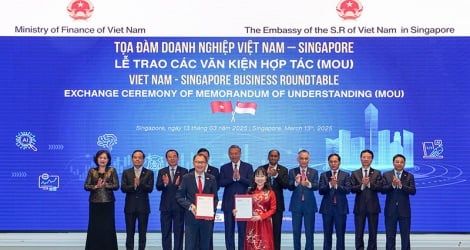

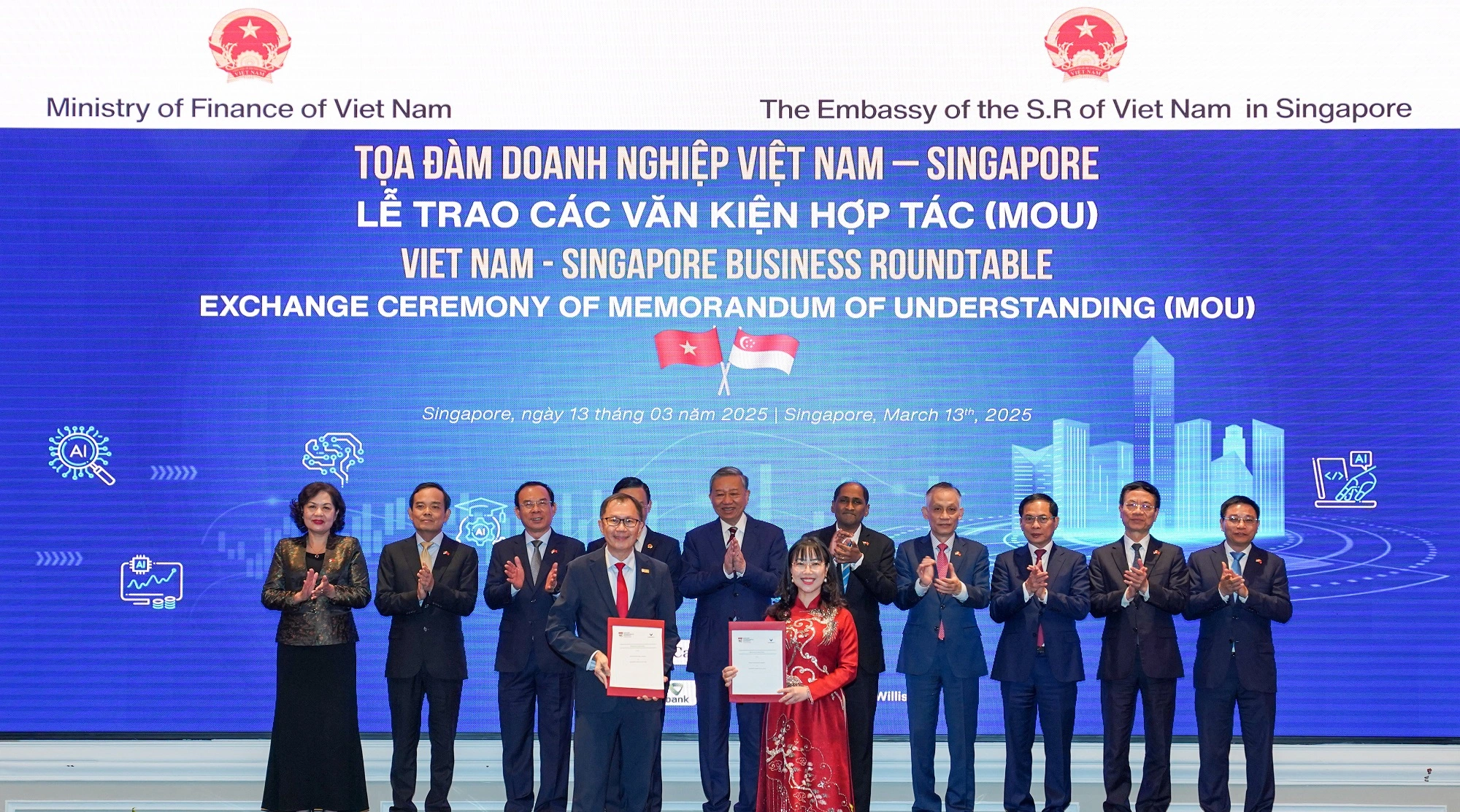
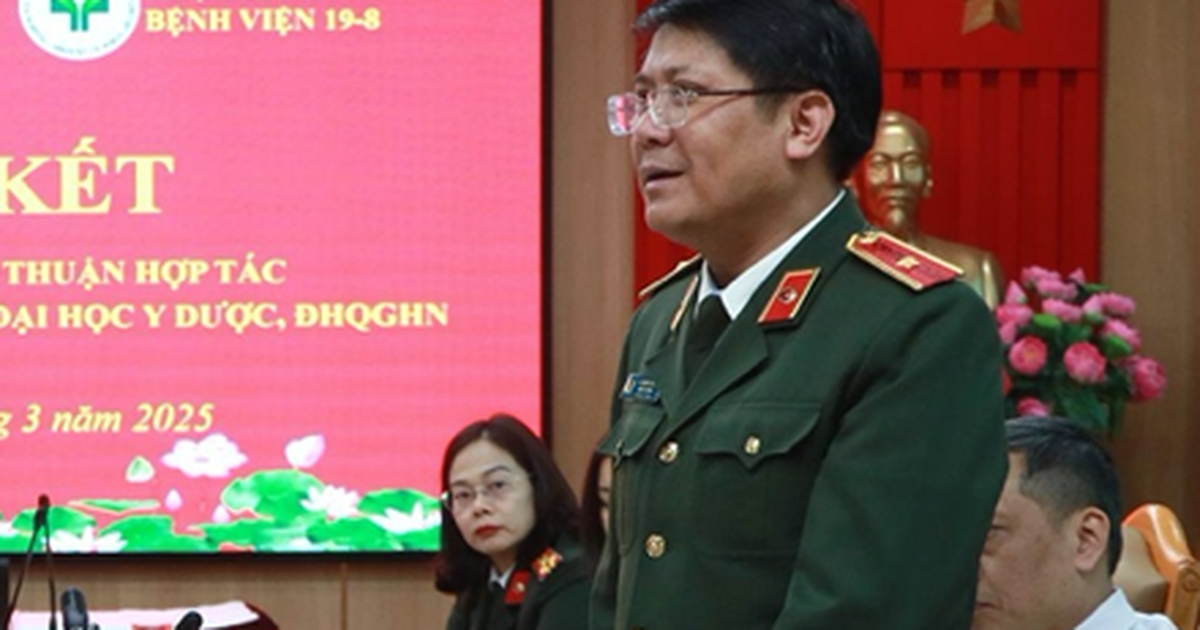
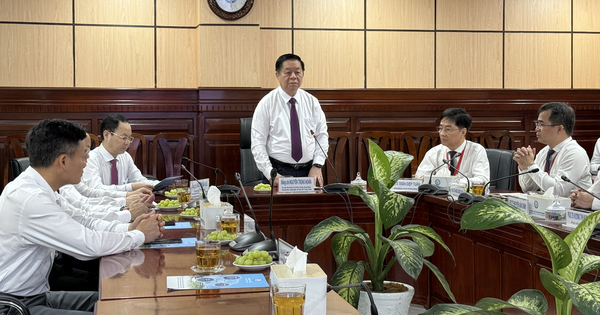

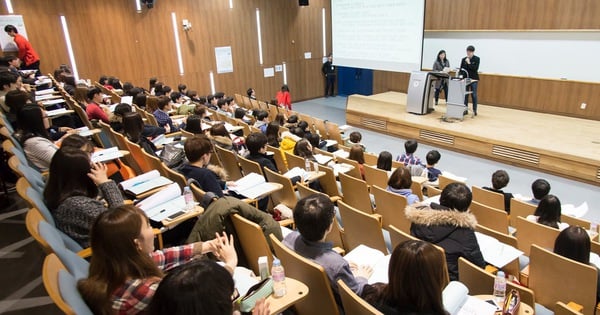

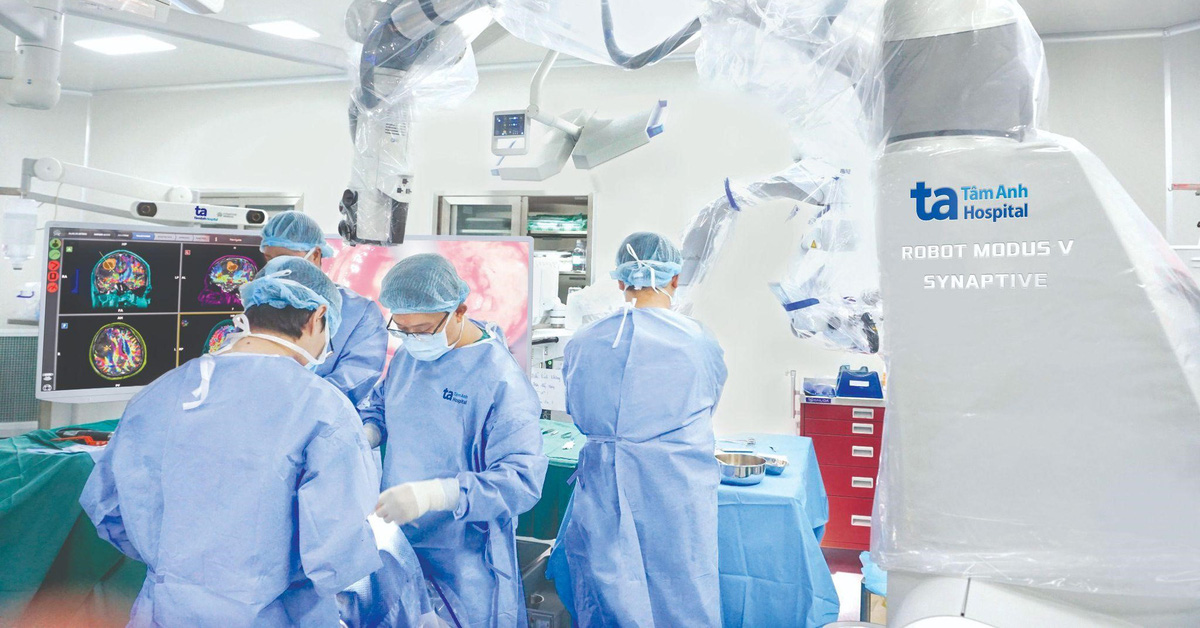



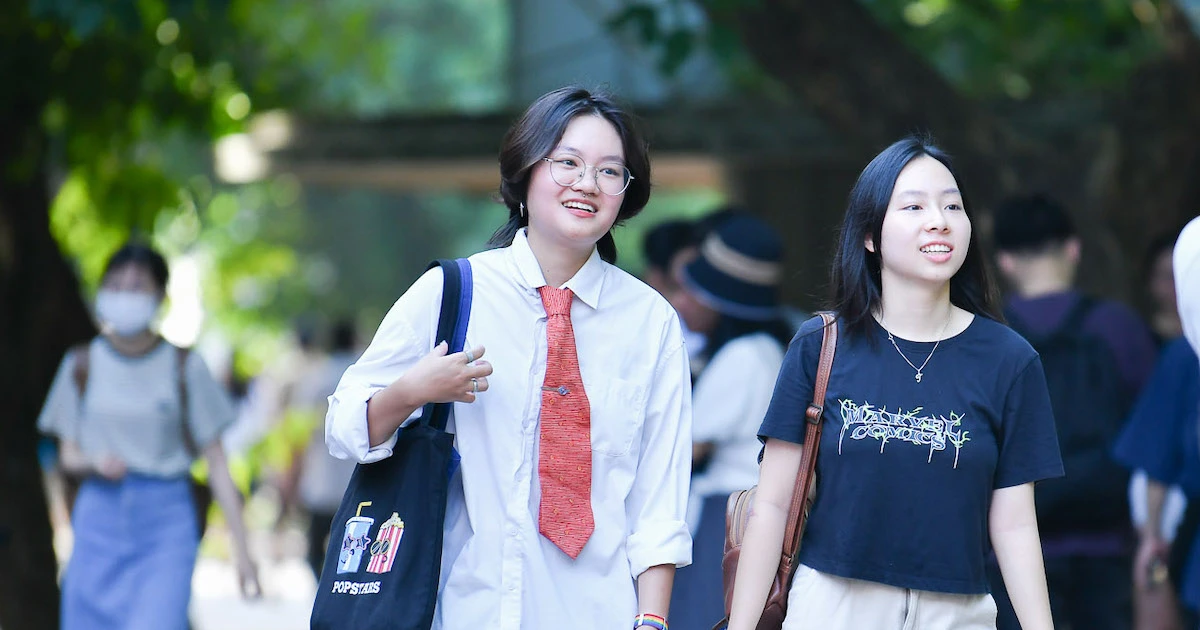
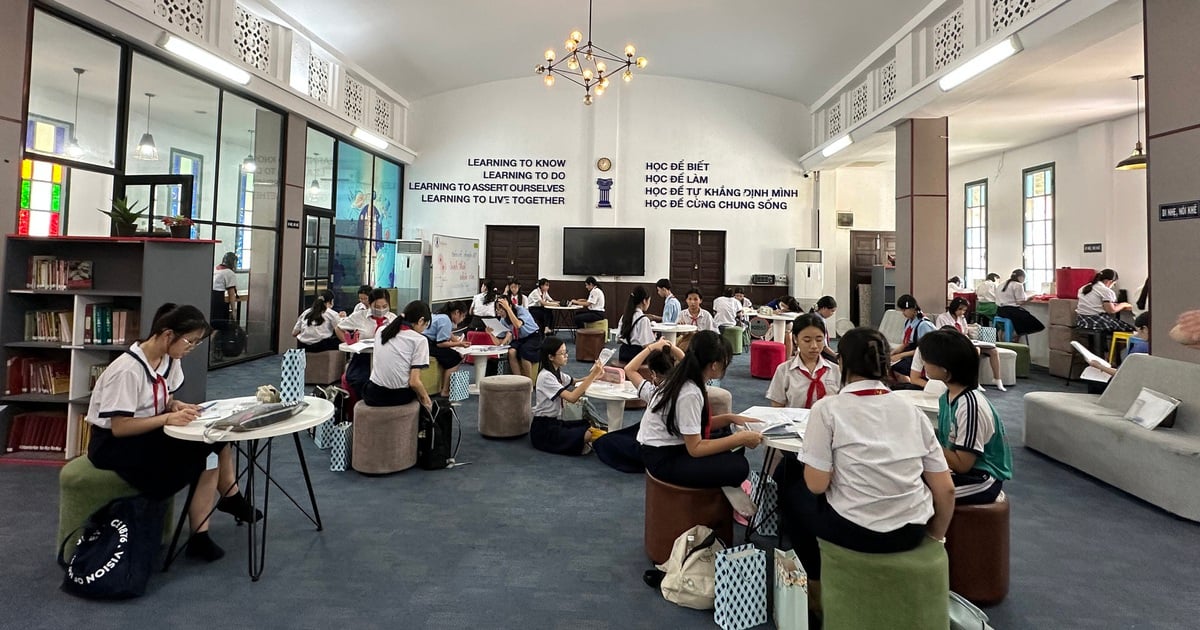

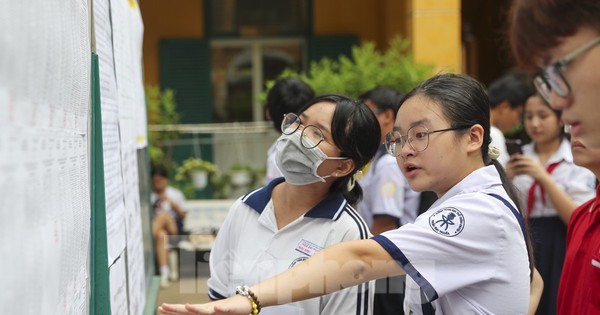









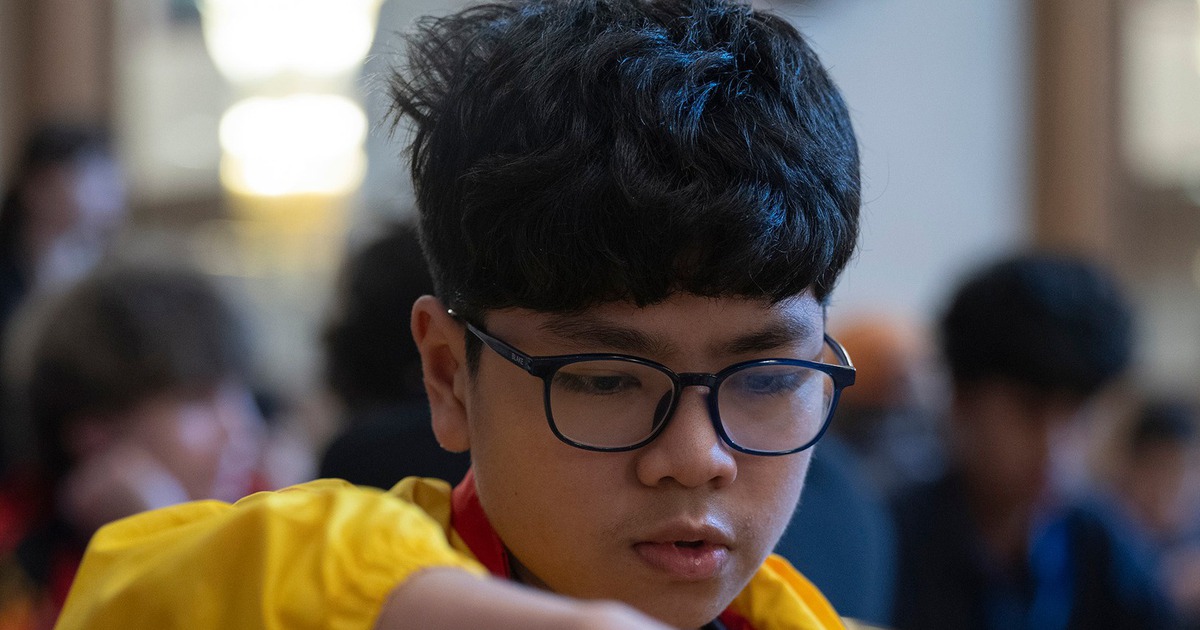
![[Photo] Welcoming ceremony for Chinese Defense Minister and delegation for friendship exchange](https://vstatic.vietnam.vn/vietnam/resource/IMAGE/2025/4/17/fadd533046594e5cacbb28de4c4d5655)


























![[Video] Viettel officially puts into operation the largest submarine optical cable line in Vietnam](https://vstatic.vietnam.vn/vietnam/resource/IMAGE/2025/4/17/f19008c6010c4a538cc422cb791ca0a1)

















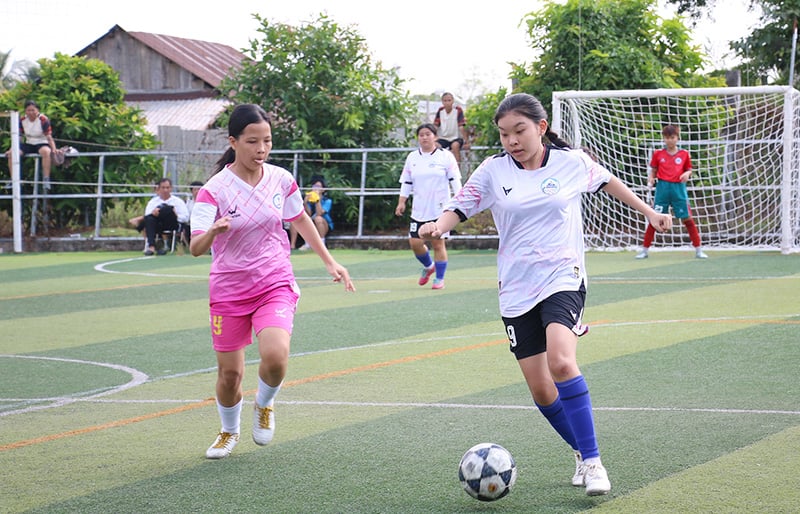







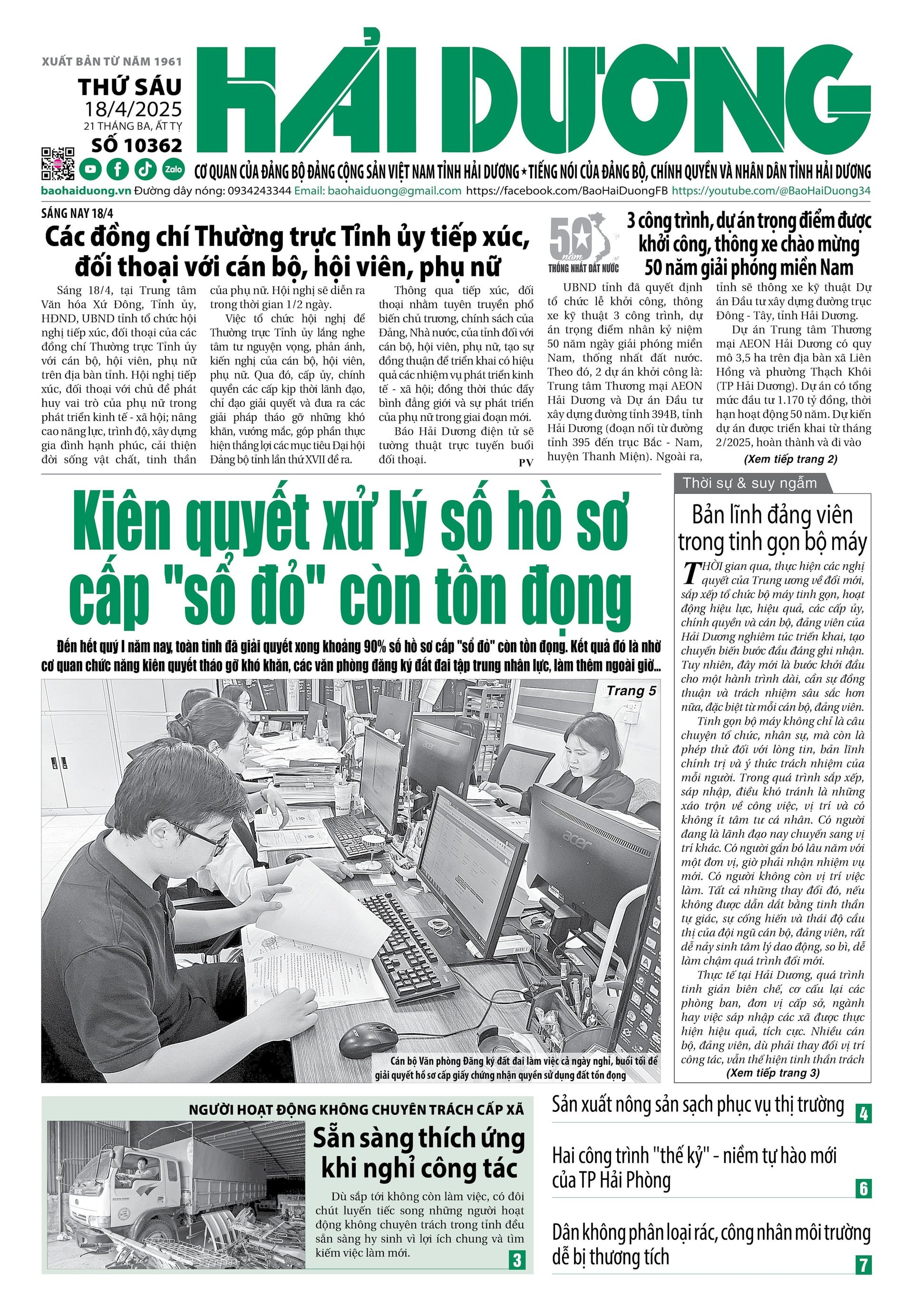












Comment (0)